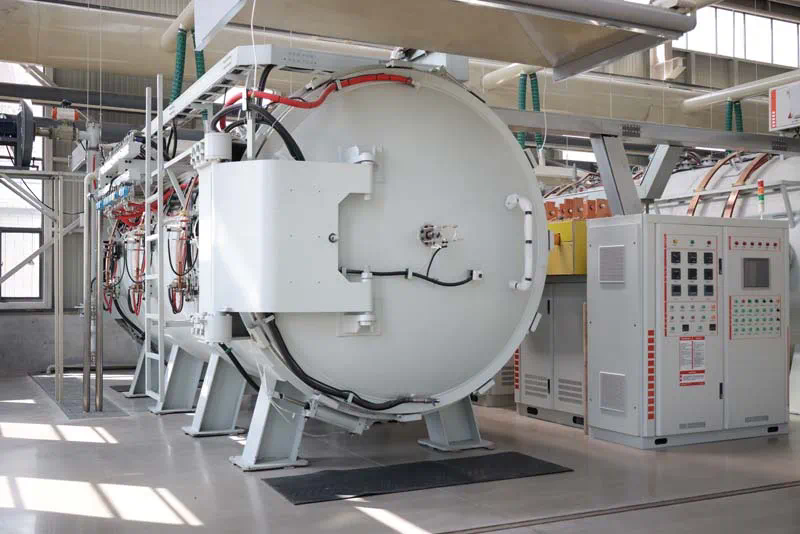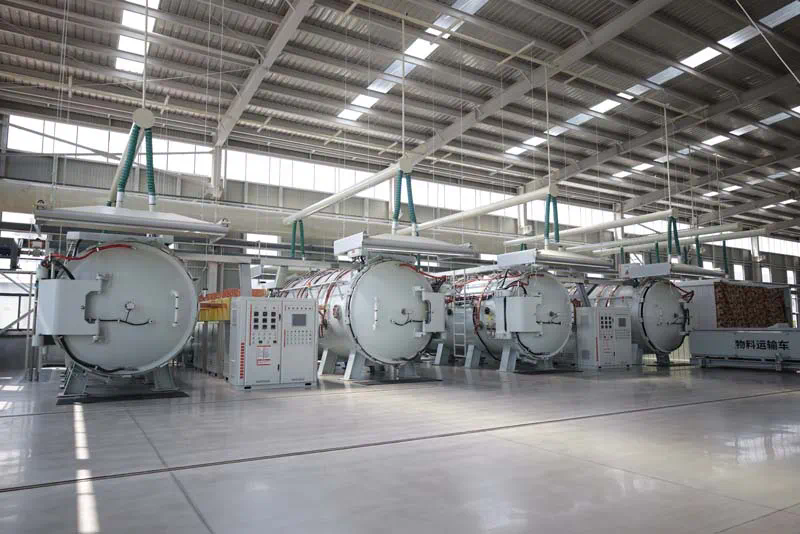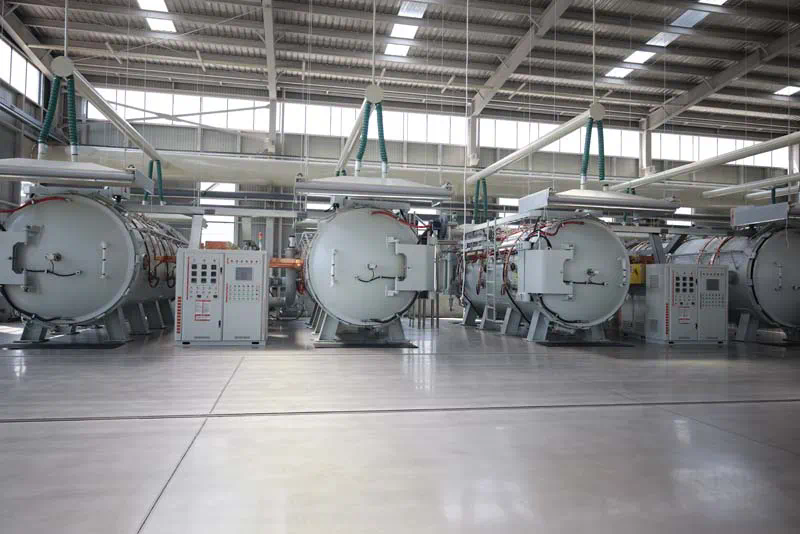Silicon Carbide Tubes: Applications and Benefits
Silicon carbide (SiC) tubes are a remarkable innovation in materials engineering, known for their exceptional properties and wide-ranging applications. These tubes are constructed from silicon carbide, a compound that exhibits outstanding thermal, mechanical, and chemical resistance. As industries continue to seek materials that can withstand extreme conditions, SiC tubes have emerged as a preferred choice in various sectors.
The versatility of silicon carbide tubes stems from their unique characteristics. They possess high thermal conductivity, excellent hardness, and significant wear resistance. Additionally, SiC is chemically inert, making these tubes suitable for use in corrosive environments. This article explores the myriad applications of silicon carbide tubes, their benefits, and their growing importance in modern technology.
Applications of Silicon Carbide Tubes
Aerospace and Defense
In the aerospace sector, silicon carbide tubes are employed for their lightweight yet robust nature. They are used in structural components and thermal protection systems, where high-temperature stability is crucial. SiC tubes can withstand extreme temperatures without deforming, making them ideal for rocket nozzles and heat shields. Their ability to perform under stress ensures safety and reliability in critical aerospace applications.
In defense applications, SiC tubes are used in advanced weaponry systems and protective gear. The strength and durability of silicon carbide make it possible to design armor that is both lightweight and resistant to ballistic threats. The use of SiC in military technologies enhances performance while reducing the overall weight of equipment.
Semiconductor Industry
The semiconductor industry has also recognized the potential of silicon carbide tubes. Silicon carbide is a wide bandgap semiconductor material, which means it can operate at higher voltages and temperatures compared to traditional silicon. SiC tubes are used in the manufacturing of power electronics, including transistors, diodes, and other components that require high efficiency and thermal management.
These tubes play a crucial role in improving energy efficiency in various applications, such as electric vehicles and renewable energy systems. By enabling faster switching speeds and reducing energy losses, silicon carbide tubes contribute to a more sustainable future.
Chemical Processing

In chemical processing industries, the resistance of silicon carbide to corrosion makes it an ideal choice for transporting aggressive chemicals. SiC tubes are used in reactors, heat exchangers, and piping systems where conventional materials may fail due to chemical attack. Their silicon carbide seal rings inertness ensures that they do not contaminate the substances being processed, maintaining product integrity.
Furthermore, silicon carbide tubes can handle high pressures and temperatures, making them suitable for harsh operating conditions often found in petrochemical refineries and pharmaceutical manufacturing.

Energy Generation
The energy sector benefits significantly from the use of silicon carbide tubes. In power generation, SiC tubes are utilized in high-temperature gas turbine engines and nuclear reactors. Their ability to withstand extreme thermal and mechanical stresses allows for enhanced performance and efficiency in these applications.
Moreover, SiC tubes are gaining traction in solar energy systems, where they are used in concentrated solar power (CSP) plants. Their thermal stability contributes to improved heat transfer and energy conversion, making them an integral component of modern renewable energy solutions.
Medical Devices
The medical field is increasingly adopting silicon carbide tubes due to their biocompatibility and strength. These tubes are used in various medical devices, including implants and surgical instruments. The inert nature of silicon carbide prevents adverse reactions when in contact with biological tissues, ensuring patient safety.
Additionally, SiC tubes can be sterilized easily, making them suitable for use in environments where hygiene is paramount. Their durability also extends the lifespan of medical devices, reducing the need for frequent replacements.
Benefits of Silicon Carbide Tubes
High Thermal Conductivity
One of the most significant advantages of silicon carbide tubes is their high thermal conductivity. This property allows for efficient heat dissipation in applications where temperature management is critical. In electronics, for example, SiC tubes facilitate better cooling, leading to improved performance and longevity of devices.
Enhanced Mechanical Strength
Silicon carbide exhibits remarkable mechanical strength, making SiC tubes highly resistant to deformation and wear. This durability is particularly advantageous in demanding environments, such as aerospace and automotive applications, where components are subjected to high stress and fatigue.
Corrosion Resistance
The chemical inertness of silicon carbide ensures that SiC tubes can withstand corrosive substances without degrading. This attribute is vital in industries like chemical processing and oil and gas, where materials must endure harsh conditions while maintaining structural integrity.
Reduced Weight
Compared to metals and ceramics, silicon carbide is relatively lightweight. This characteristic is especially beneficial in aerospace and automotive applications, where reducing weight can lead to improved fuel efficiency and performance. The use of SiC tubes allows manufacturers to create lighter components without compromising strength.
Sustainability
Silicon carbide is a sustainable material that contributes to energy efficiency. In power electronics, SiC tubes enable devices to operate at higher efficiencies, reducing energy consumption. As industries strive for greener solutions, the adoption of silicon carbide technology plays a pivotal role in achieving sustainability goals.

Future Trends and Innovations
As technology continues to advance, the potential for silicon carbide tubes will expand even further. Research is ongoing to enhance the properties of SiC materials, exploring new composites and manufacturing techniques. Innovations in production methods, such as additive manufacturing, may lead to customized SiC tube designs tailored for specific applications.
Moreover, the growing demand for electric vehicles and renewable energy sources will likely drive the development of silicon carbide technologies. As industries seek to reduce their carbon footprint, SiC tubes will be at the forefront of providing efficient, durable, and sustainable solutions.
Conclusion
Silicon carbide tubes represent a significant advancement in materials science, offering unparalleled benefits across various industries. Their applications in aerospace, semiconductors, chemical processing, energy generation, and medical devices highlight their versatility and importance in modern technology. With exceptional thermal conductivity, mechanical strength, and corrosion resistance, SiC tubes are paving the way for a more efficient and sustainable future.
As research and development continue to push the boundaries of what silicon carbide can achieve, the potential for innovative applications remains vast. Industries looking to enhance performance and sustainability will find silicon carbide tubes to be an invaluable asset. The future of this material is bright, promising continued growth and integration into new technologies that will shape our world for years to come.
https://devicesplayer.com/
